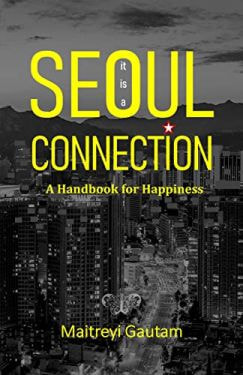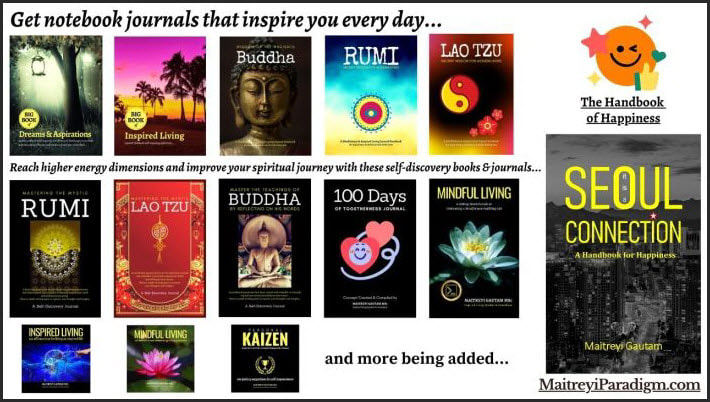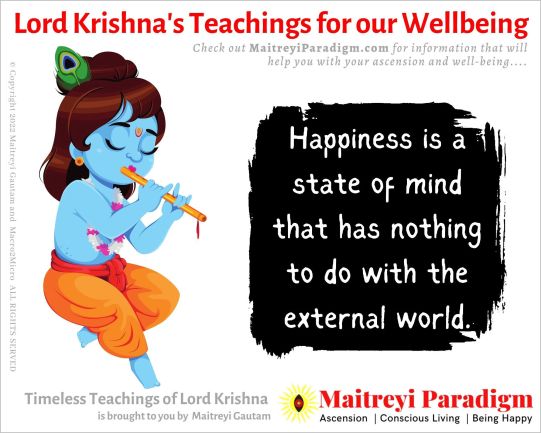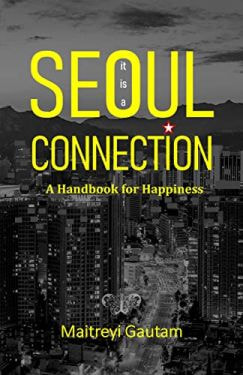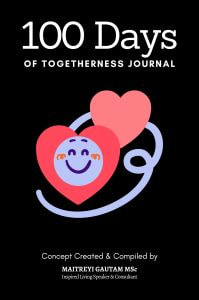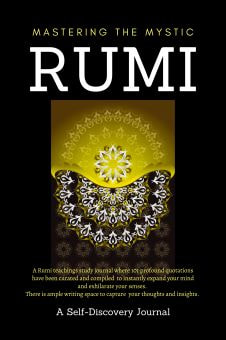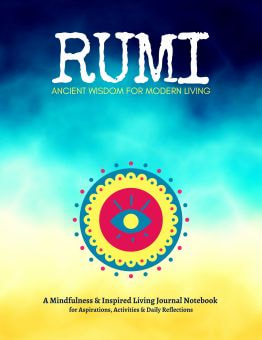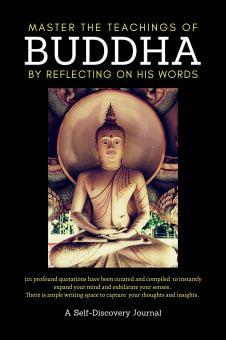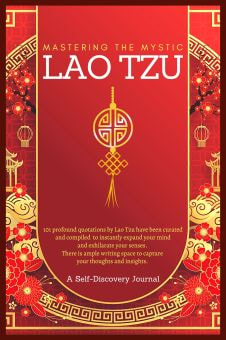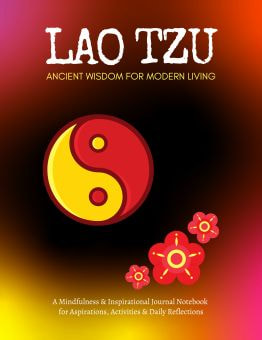Bergamot essential oil, derived from the peel of the bergamot orange, is a top contender for promoting happiness and well-being. Its refreshing and citrusy scent is known to boost mood and alleviate stress and anxiety. Bergamot oil works by stimulating the production of dopamine and serotonin, neurotransmitters responsible for feelings of happiness and relaxation. Additionally, its calming properties can help in reducing feelings of agitation and improve sleep quality, further contributing to overall well-being.
Lemon essential oil, with its bright and invigorating aroma, is another excellent choice for fostering a sense of joy. It is renowned for its ability to enhance mental clarity and energy levels, making it particularly beneficial during times of mental fatigue or low mood. Lemon oil’s uplifting effects are not limited to mental wellness; its antiviral and antibacterial properties also support physical health, contributing to a more holistic sense of well-being.
Ylang-Ylang essential oil, extracted from the flowers of the Cananga odorata tree, is well-regarded for its ability to soothe stress and promote a positive outlook. Its rich, floral fragrance is considered to be a natural antidepressant, helping to combat anxiety and boost mood. Ylang-Ylang oil is also known for its aphrodisiac properties, which can enhance emotional connection and feelings of happiness in relationships.
Peppermint essential oil is another excellent mood enhancer. Its crisp and refreshing scent invigorates the mind, helping to dispel feelings of tiredness or sluggishness. Peppermint oil is also beneficial in alleviating headaches and improving concentration, which can contribute to a more productive and satisfying day, thereby enhancing overall happiness.
Lavender essential oil is widely recognized for its calming and relaxing properties. While often associated with promoting sleep and reducing anxiety, lavender oil also plays a significant role in stabilizing mood and improving emotional well-being. Its soothing scent helps to reduce feelings of stress and create a tranquil environment, conducive to a state of inner peace and contentment.
Incorporating these essential oils into daily routines, whether through diffusers, personal inhalers, or topical applications, can significantly impact mental and emotional health. They offer a natural and holistic approach to enhancing happiness and well-being, reminding us of the deep connection between our sensory experiences and our inner state. As with all essential oils, it is important to use them safely and consider any personal allergies or sensitivities.

